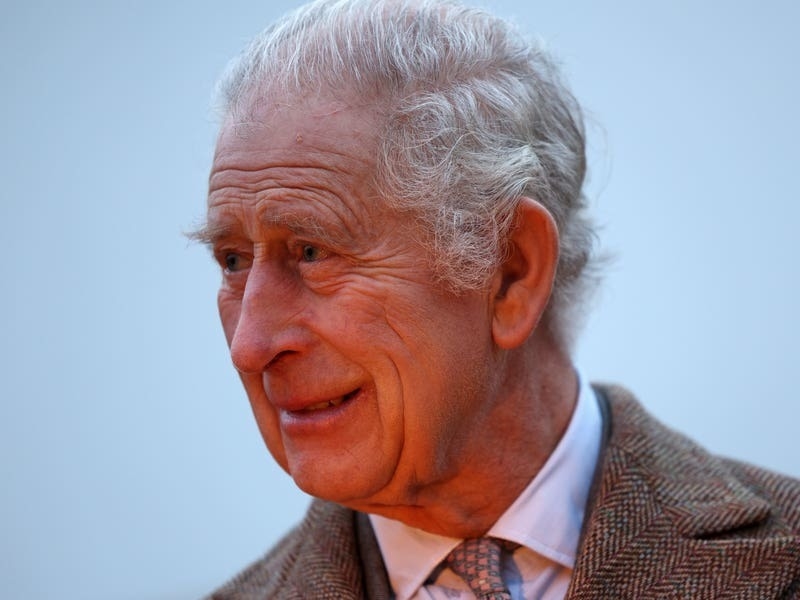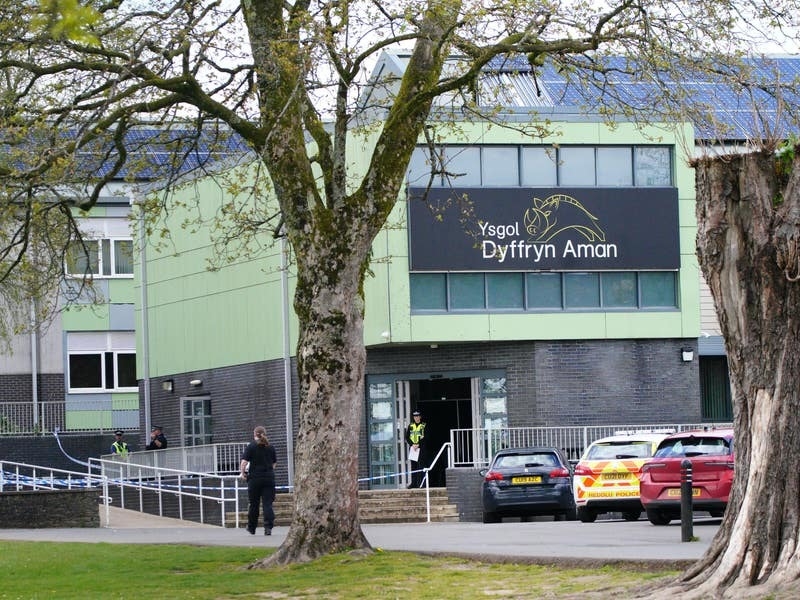Notifications have been sent out for second-dose appointments at Fort Regent, starting with over-80s and those working in health and social care.
Operations lead Ross Barnes said second doses would be given in stages between the ongoing programme to administer first doses to all over-50s.
Mr Barnes said that by the end of March the focus would switch to predominantly second doses, before the start of the second phase of the programme, for those aged 17 to 49, in late April.
The head of the vaccination programme, Becky Sherrington, said: ‘I’m pleased we can start administering second doses of the Covid-19 vaccine to ensure our most vulnerable and at-risk Islanders receive the full course of the vaccination, which offers optimum protection.
‘These groups of Islanders will be the first to receive their second doses since we adopted the ten-to-12-week dose interval.
‘Completing the full cycle of the Covid-19 vaccination programme for these Islanders is incredibly positive. Despite the vaccines giving good protection after the first dose, it’s essential that Islanders attend for their second dose to make sure they’re fully vaccinated, giving themselves the best protection against Covid-19.’
Yesterday the number of known active cases dropped to nine – having peaked at more than 1,000 in December.
And it was revealed that levels for Jersey’s vaccination programme could be raised beyond the current daily limit of 1,000 if supply levels increased.
Latest data released yesterday showed that another 4,200 Islanders were given Covid-19 jabs during the week to 28 February, as well as indicating the level of coverage among healthcare workers for the first time. An estimated 90% of frontline employees working in health and social care have received their first dose of the vaccine, while 63% of those in other roles in the sector had been given their first jab.
By the end of February, close to 100% of over-80s had received a first dose, as well as 90% of those aged 65 to 79 – figures described as ‘more than fantastic’ by deputy medical officer of health Dr Ivan Muscat.
Officials in the UK have indicated that their vaccination programme is likely to speed up as a result of increased supplies.
Latest figures indicate that Jersey is neck and neck with the UK, showing an average of 31.09 doses given per 100 Islanders, compared with 31.07 in the UK.
Mrs Sherrington said it was hoped that the speed of rollout in Jersey might increase in March.
‘At the moment our daily capacity is 1,000 and that’s higher than the amount of supply we are getting but, if supplies increase, then we have the contingency to expand beyond 1,000 per day.’
Jersey is currently short of the coverage achieved by Guernsey, which reported 32.6 doses per 100 people as of 21 February – a week earlier than the latest Jersey figures. The island will provide its latest data today.
Jersey was not looking to compete with its neighbour, Mrs Sherrington added, but would continue liaising with Guernsey about how vaccination data was recorded and published.
Although around 50% of adults in Jersey are likely to have received a vaccine by the end of March, there is no news yet about when travel restrictions might be eased.
Anyone arriving in Jersey from the UK since 22 December, and from anywhere after mid-January, has been required to complete a mandatory ten-day spell of isolation and register negative results from three Covid-19 tests.
Dr Muscat said the border policy was still being considered.
‘Immunity passports have been talked about for quite some time. The practicalities are surmountable but there’s a need for different countries to agree. For example, will proof of a negative PCR test be needed as well as vaccination?’ he said. ‘It’s possible that going forward there may be a “Covid safety passport” for international travel and an immunity passport for use within a country to get access to certain events.’
Dr Muscat said that the ethics regarding mandatory restrictions would need to be addressed, pointing out that – for example – there was a general acceptance that X-ray security checks at airports could not be optional.
Ministers were due to hold a press conference to discuss the next phases of the Island’s reconnection strategy today.






